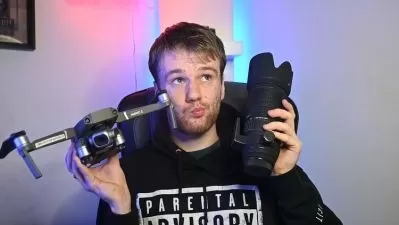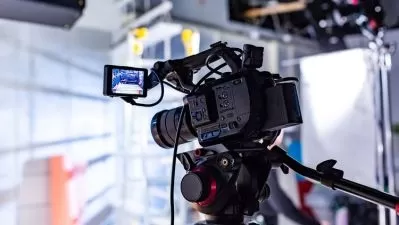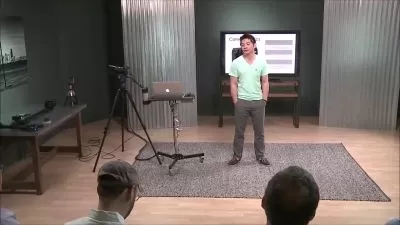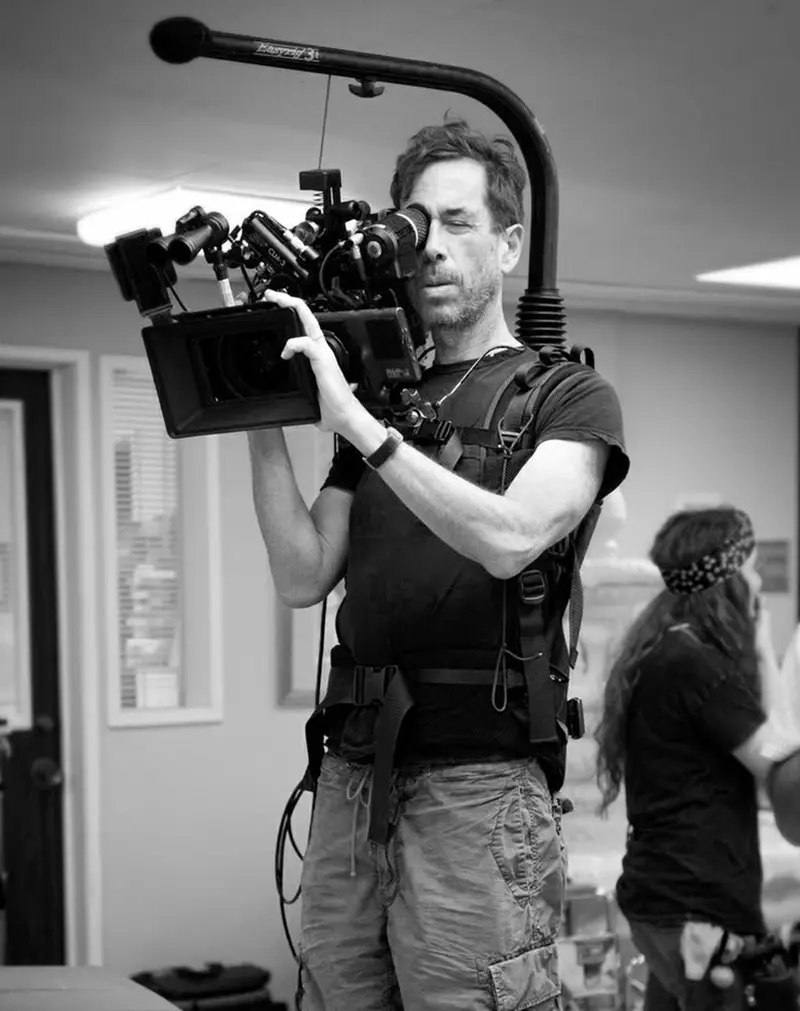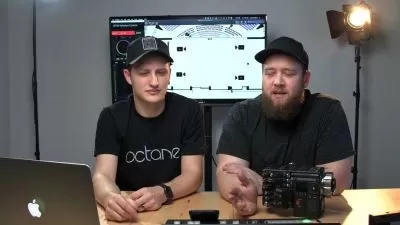About VideographyLearn More
Behind every evening news broadcast, football game, or new television series, there’s a videographer managing the camera equipment and orchestrating the filming process. Videographers work primarily with electronic media rather than film, and are instrumental to the operation of complex camera equipment.
Sort by:
Sorting
The newest
Most visited
Course time
Subtitle
Filtering
Courses
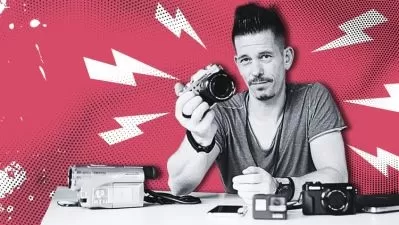
Udemy


Joeri The Magic Sauce
Rockstar Video Making: script, shoot, edit like a YouTuber 2:50:01
05/11/2024
Subtitle
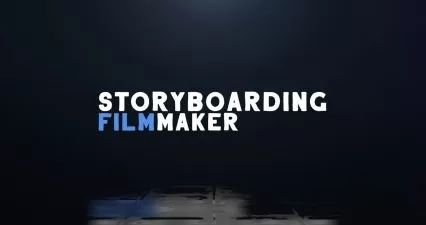
SkillShare


Carl Marchant
Storyboarding for Filmmakers and Content Creators: For Non-Drawers 2:07:56
English subtitles
02/28/2024
Subtitle
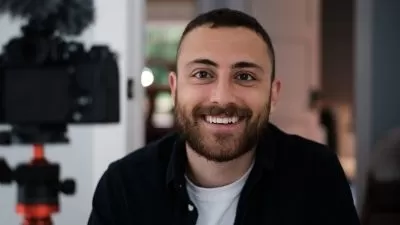
SkillShare


Nathaniel Drew
How to Speak Confidently On Camera: A Guide for Content Creators 1:14:55
English subtitles
02/22/2024
Subtitle
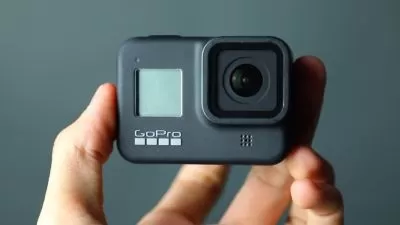
SkillShare


LAMZ
GoPro for Beginners: Everything you Need to Know 2:28:32
English subtitles
02/22/2024
Subtitle
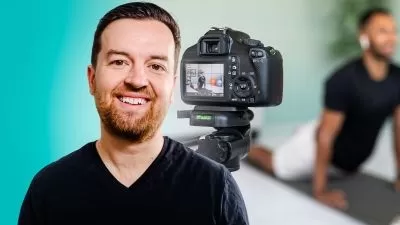
SkillShare


Phil Ebiner
Advanced Videography: Make Your Videos Look Better 4:08:47
English subtitles
02/17/2024
Subtitle
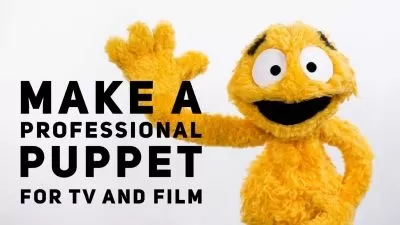
SkillShare


Adam Kreutinger
How to Make a Professional Puppet for Television and Film! 2:20:53
English subtitles
01/19/2024
Subtitle

SkillShare


Rose Nene
Food Videography Masterclass for Beginners 3:10:51
English subtitles
01/19/2024
Subtitle

SkillShare


Penny Lane
Found Footage Filmmaking: Make Great Videos with a Camera 48:16
English subtitles
12/25/2023
Frequently asked questions about Videography
Videography is the craft of capturing video images to be used in electronic media and streaming media. Those images can be collected in different mediums: videotape, direct to disk recording, and solid-state drive storage. The term refers to the production of the images and the method of editing them in post-production. In the era of widespread user-friendly consumer products producing and editing videos, just about anyone with rudimentary digital skills can become a de facto videographer. The videographer will have a deeper understanding of elements like camera operation, lighting, and enhanced editing techniques at the professional level. Additionally, a professional videographer will know how to listen to a client’s needs and produce a piece that addresses the project’s requirements.
Videography can take on many shapes, including digital animation, slideshows, and imaging technology to incorporate into the final product. For example, explainers are often employed to explain large concepts like complex projects or corporate organizations. Related to this are tutorials, which use videography to describe how to use products or services more narrowly. Interviews are effective communications tools to transmit first-hand information to audiences. Vlogs are the video equivalent of blogs and are incredibly popular modes of expression, often employed in social media to promote products and services. Live video streaming is hugely important for running professional corporate meetings and broadcasting events such as concerts. Aside from traditional camera videography, tools such as drone videos and 360-degree footage are becoming more popular.
The difference between videography and cinematography has evolved since the early days of videography. Originally, the two terms were often used interchangeably in video production. Nowadays, a cinematographer is more commonly the leader of a larger camera team, including everything from camera operators to camera assistants and specialized roles like digital imaging technicians. Videographers, by contrast, stick to video. They are often trained in direct visual messaging targeting (such as marketing efforts or instructional pieces). In contrast, a cinematographer may employ abstract imagery or symbolism for artistic expression. The videographer must fulfill a client’s mission of clearly transmitting essential information through the video medium, usually tailored for a relatively small target audience. Cinematographers generally work on larger projects driven by narrative storytelling for wider audiences.





